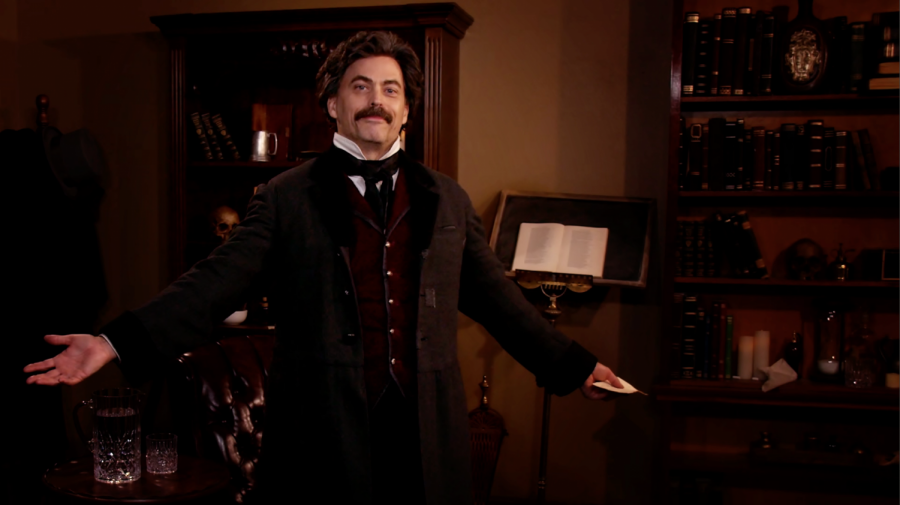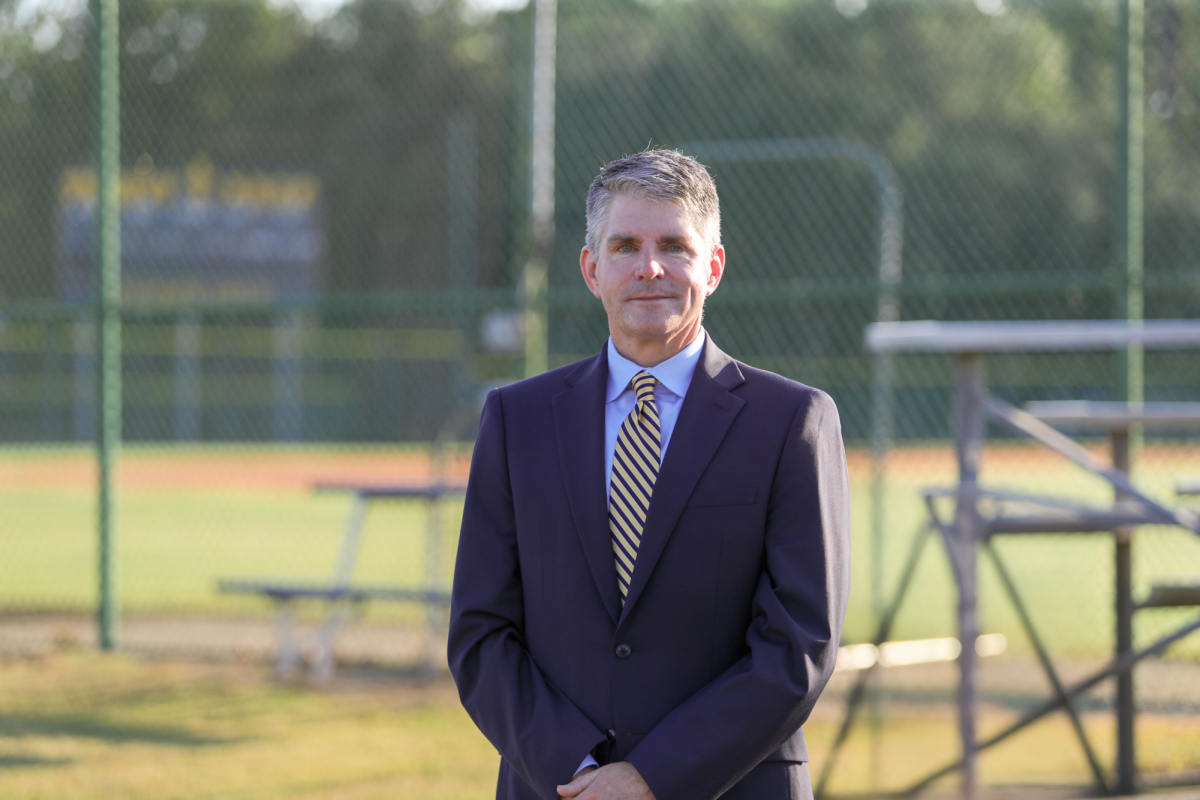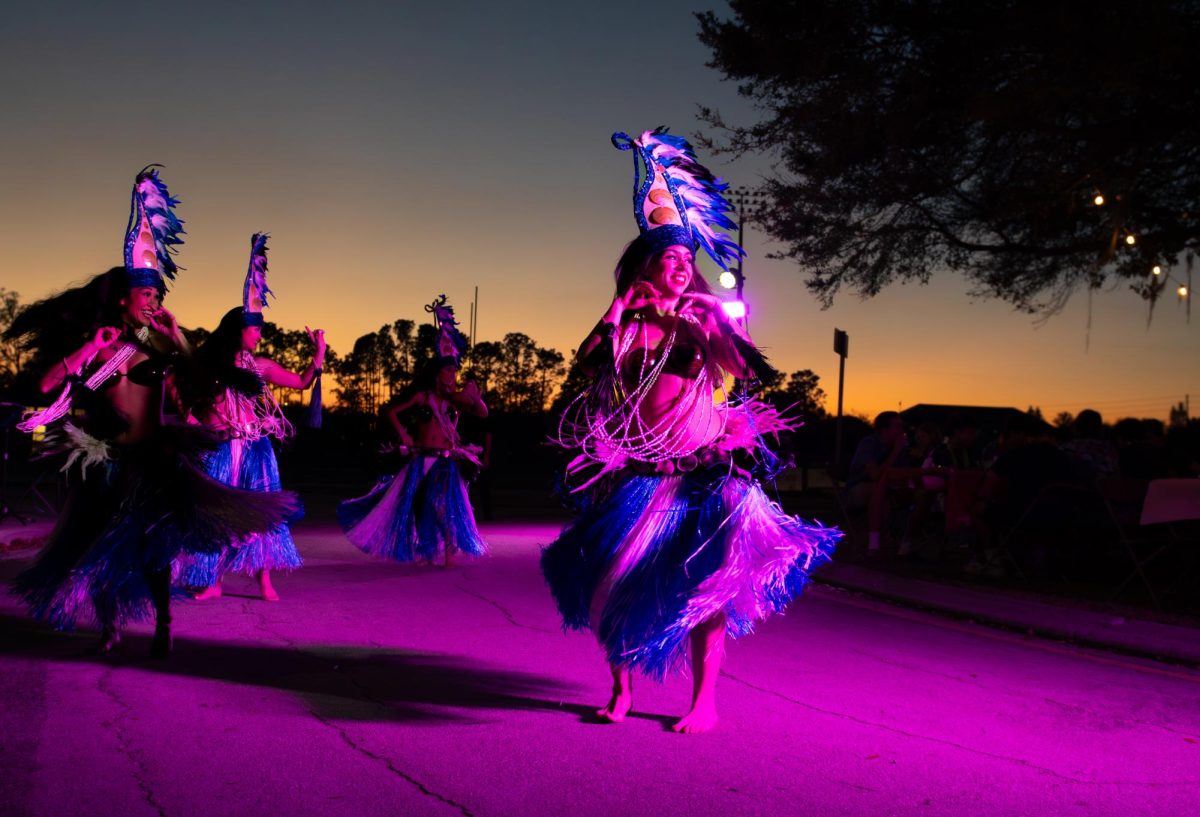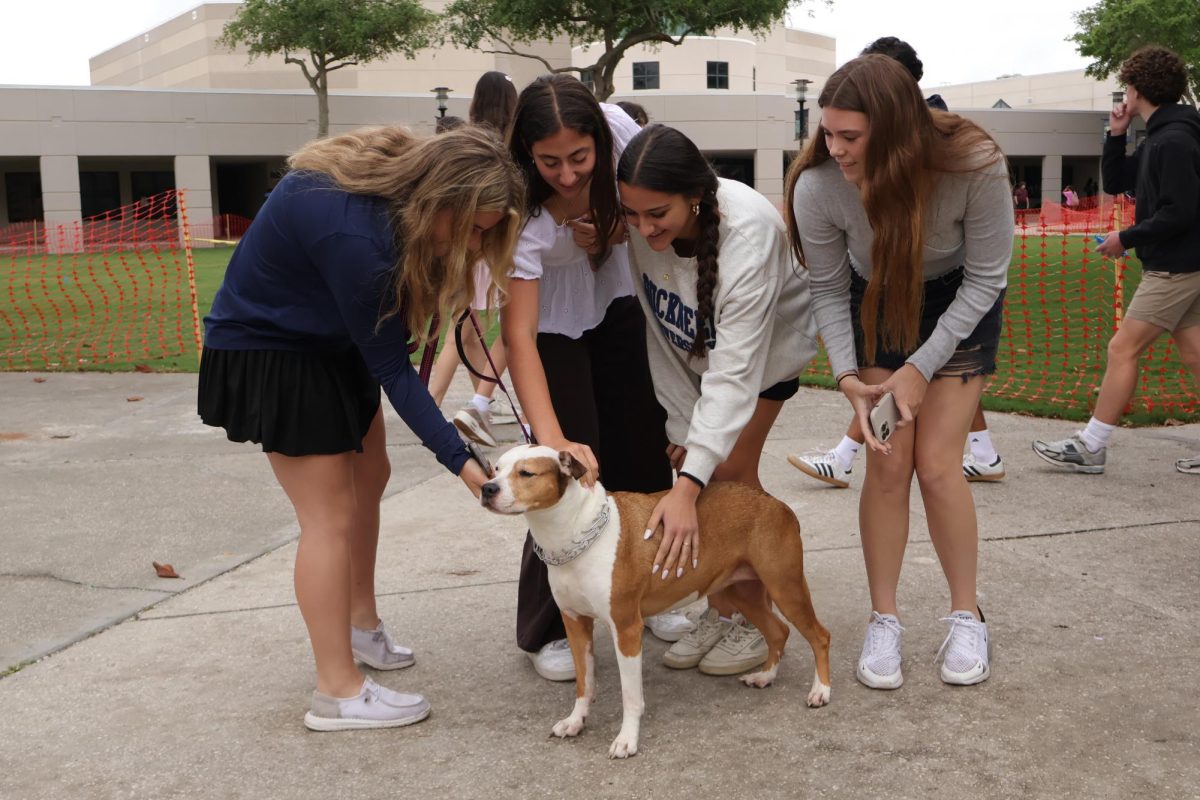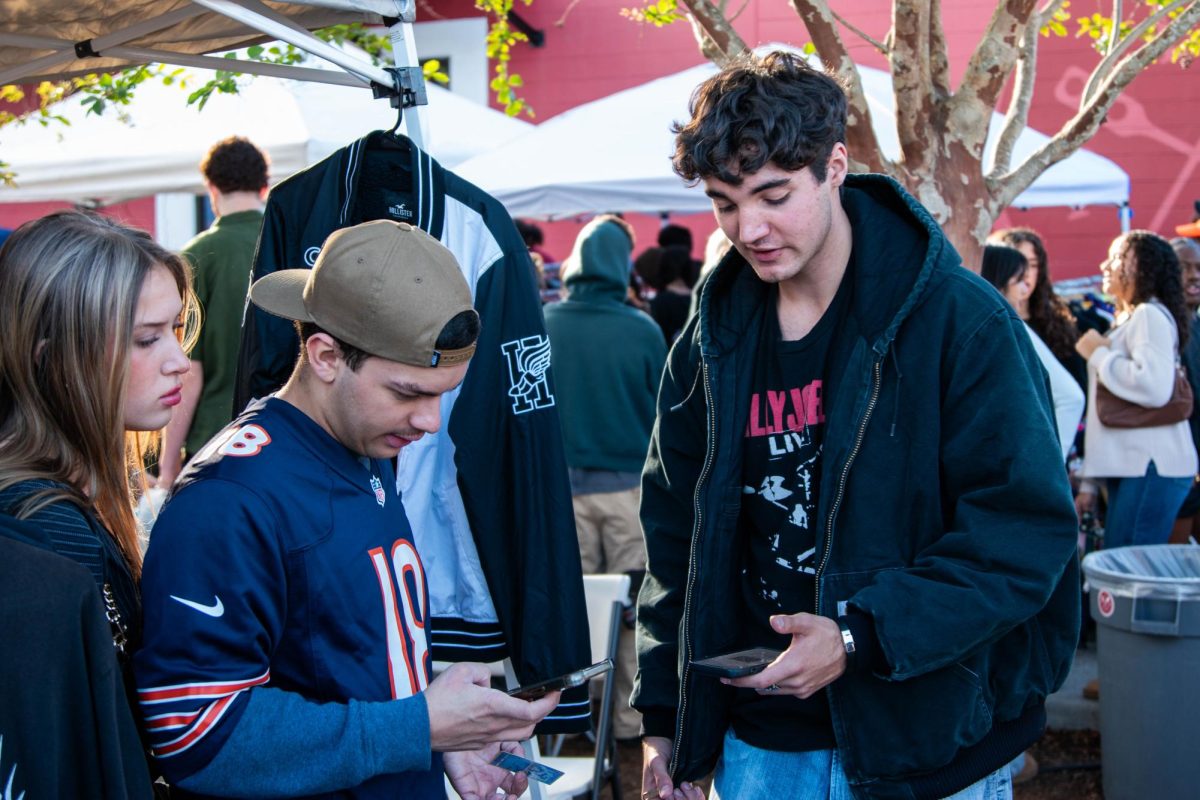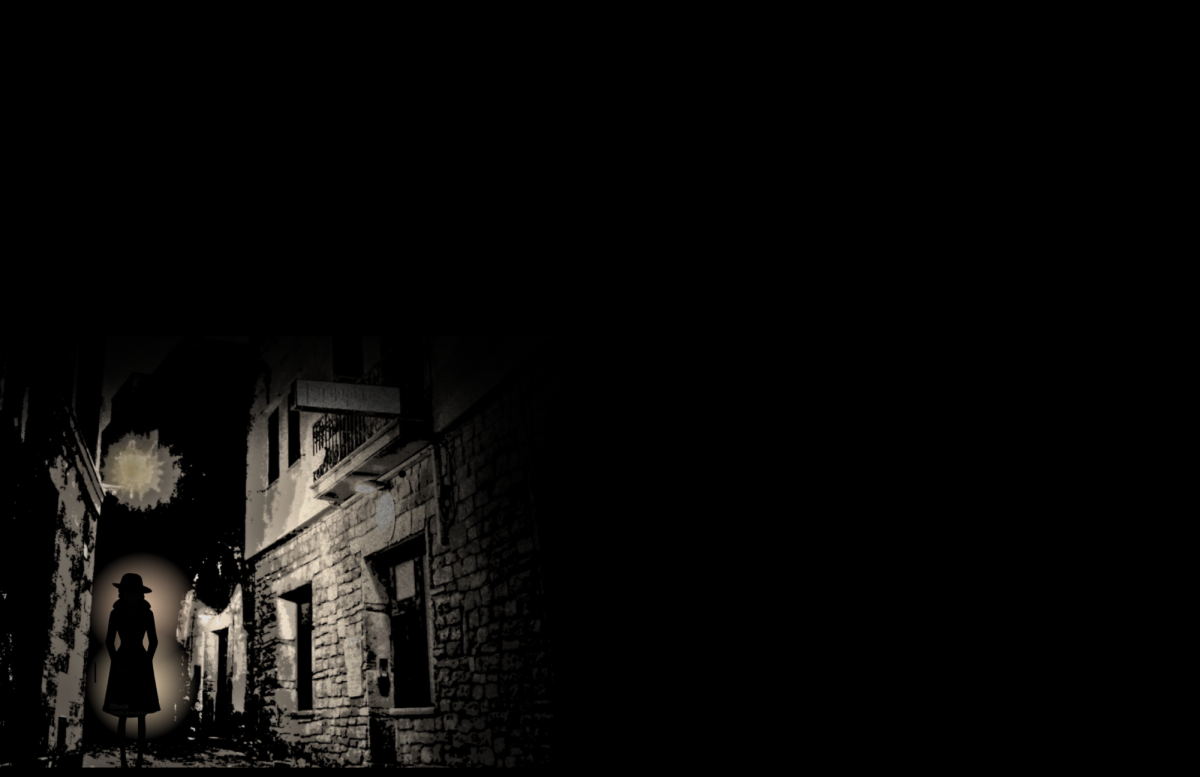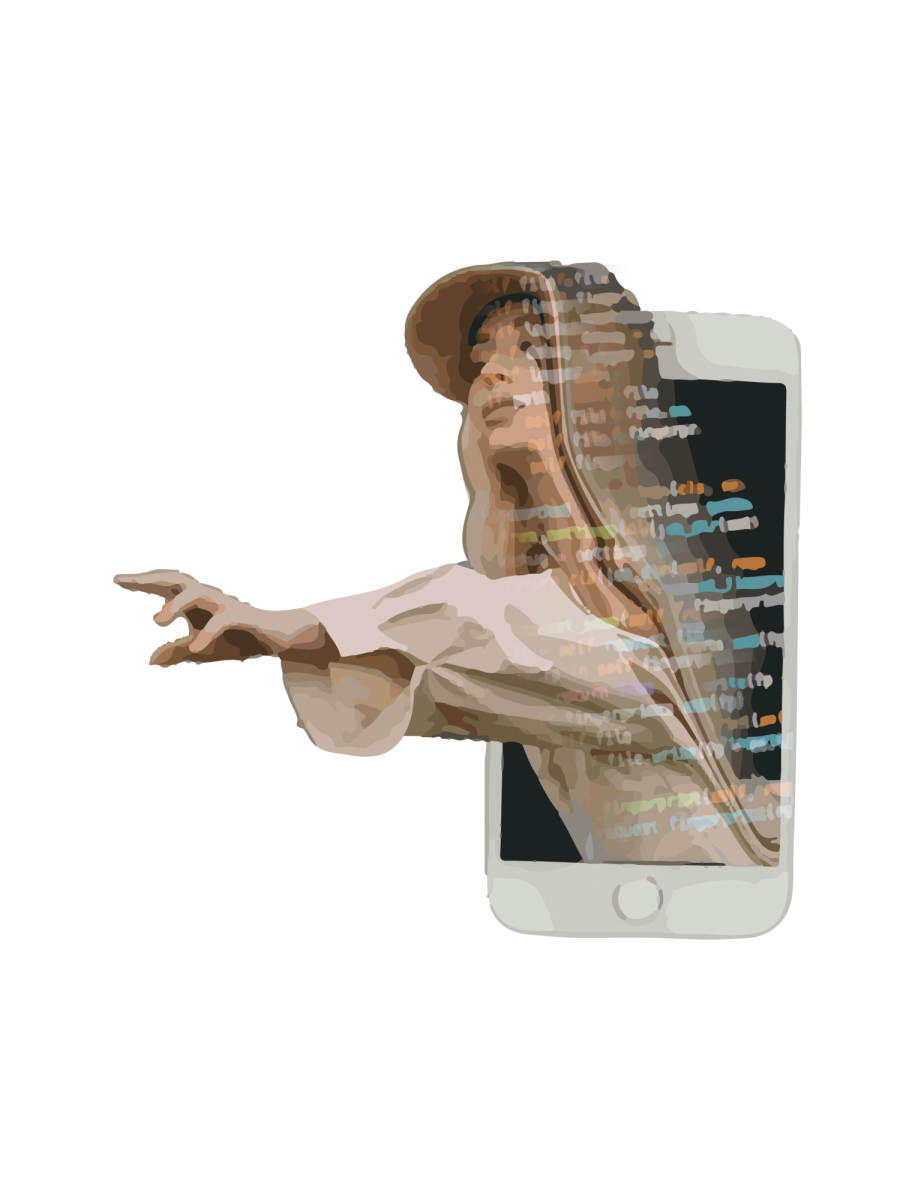In the early 1600’s, outbreaks of the plague tore through London, killing over a fifth of the city’s population and closing shops and businesses for over a year. And yet, during those years, William Shakespeare wrote legendary plays like Macbeth, Romeo and Juliet and The Tempest— plays not only inspired by the plague but adapting to it. Nowadays, many playwrights and theatres are facing the same set of both challenges and opportunities.
Performing arts venues, which primarily include live theatre venues and concert spaces, play a critical role in not only local art and culture, but in the strength of the creative industry as a whole. The Atlantic reports that local venues provide opportunities for innovative and experimental artists, and the venues themselves also often double as cultural and education centers in their communities.
COVID-19 represents a major threat to those venues, which thrive on the collective experience of sitting down to watch a performance. But just as the plague informed Shakespeare’s works, so will COVID-19 shape modern performances, from the stages of Broadway to those of Trinity.
This past October, the Trinity thespians put on the middle school play “Stage Parents,” a comedy about the backseat directors, phone-users and overzealous parents of school theater. But rather than taking place in the Blackbox or auditorium, the thespians moved the play outside, providing a number of unique advantages.
“It’s outdoors, so you don’t need to set up the light system, and it’s quite enjoyable to perform outside when the sun’s not shining in your face blinding you,” said Sophomore Lene Mortimer, who is performing in Trinity’s “Socially Distanced Shakespeare Company’s Romeo and Juliet”.
Mortimer also explained the relevant nature of Shakespeare.
“Theatre, a lot of the time, is the writer of the show including analogies to day-to-day life, and things that they don’t exactly enjoy about it,” Mortimer said. The heavily edited and interpreted play that the company is putting on was written over the summer, and uses COVID-19 as a key plot point.
“This show includes quite a lot of that,” Mortimer said.
But while Trinity found success in moving plays outside, many local venues are turning to the digital stage. Recorded performances, live streams, and Zoom plays are all ways in which theatres are using the online medium to change their craft.
Barron’s Magazine reports that companies such as the Gulfshore Playhouse in Naples have held numerous online workshops and discussions for actors, playwrights and members of the community. Some theatres are even using this online medium to their advantage. Theatres like New York’s Working Theatre, whose online play “American Dreams” invites a level of audience participation that simply wouldn’t be possible in-person.
“We’re not going to close up shop- we just have to do it in a way that’s safe,” said Jim Helsinger, artistic director and producer at the Orlando Shakespeare Theatre.
After COVID-19 forced the theatre to end its 31st season early, the Shakes (as they’re commonly known) shifted to recorded performances, putting on the one-man monologue “Poe: Deep into that Darkness Peering.” The high production quality and intimate performance achieved acclaim during its Halloween run.
“The light never changed the whole time, and there was not a single sound effect that took place,” Helsinger said on producing the play.
Due to COVID-19 safety protocols, the set had to be assembled inside the actor’s home and all direction and cinematography done over Zoom. Once recorded, the footage then went to editing and lighting specialists in order to give the play the effects and flair that patrons would expect from a live performance.
“Everything you saw was added in post production,”Helsinger said.
However, these new forms of performances can’t replace the financial threat that COVID-19 poses to the venues. In a survey published by the National Independent Venue Association, over 90% of local venues say they will be forced to close unless they receive direct assistance by the end of the year, and Brookings Institution estimates a loss of over 1.4 million jobs in the performing arts industry.
Rallying around this crisis is the Save Our Stages (SOS) movement. The activist movement is largely centered around the passage of the SOS Act as part of a Congressional stimulus package, which would free up over $10 billion in grants for venues. But just because the Act is held up, that doesn’t mean that the music acts have stopped. As Variety reports, a recent #SOSFest virtual concert festival raised nearly $2 million for independent venues.
Shakespeare once wrote, “All the world’s a stage.” and just as COVID-19 has closed and thrown the world into doubt, so has it with performing venues. But while many playwrights and producers long for the day that they can return to the live stage, they’re not putting their pens up in the meantime.
“I love theater,” Helsinger said. “It’s been around for thousands of years,and it will be around in the future. Humans find a way, and art finds a way too.”




